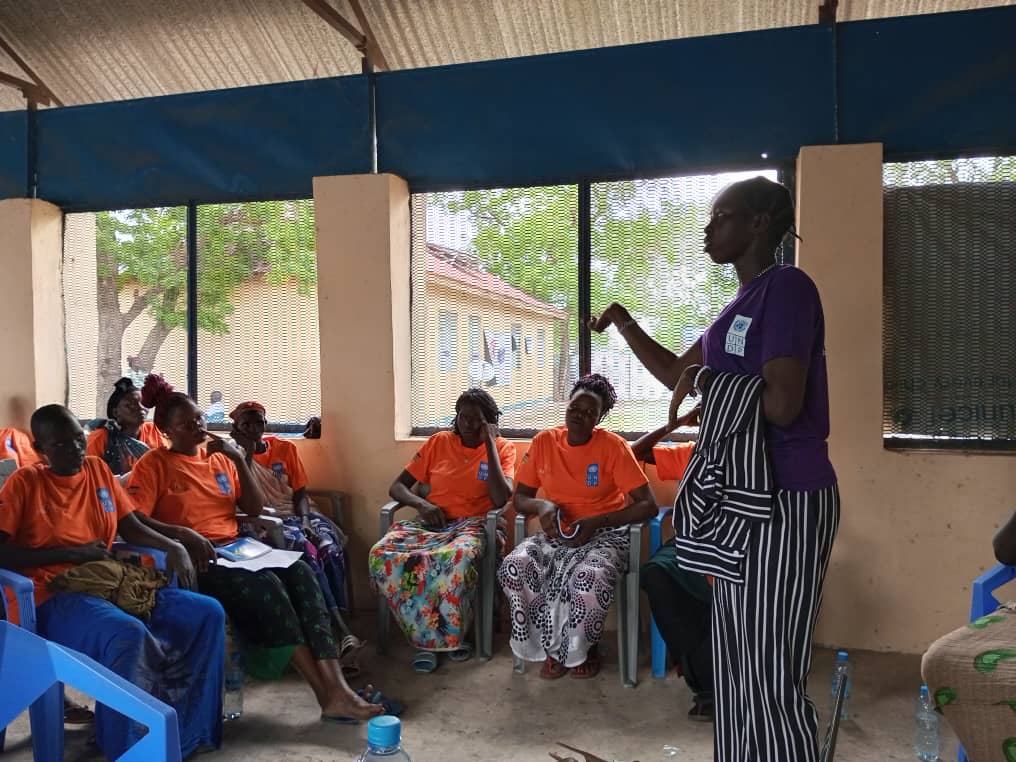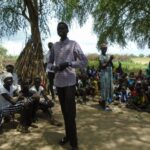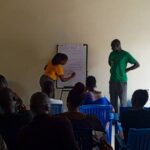Peace building, social cohesion, and women’s political participation in Greater Malakal (Upper Nile)
Project Title
Entrenching Community-Level Peacebuilding, Safety, and Cohesion through Women’s Leadership and Political Participation in Malakal, Juba, and Pibor, South Sudan
Project Dates
May 2025 – November 2025
Implementing Agency
Tukul Africa
Project Objectives
– Increase women’s participation in political and decision-making processes.
– Promote peace and conflict resolution through women-led advocacy campaigns.
– Raise awareness on the Political Parties Act and advocate for the Women Empowerment Bill.
– Empower women leaders and CSOs with knowledge and skills for inclusive governance.
– Develop sustainable funding mechanisms for women’s leadership.
Main Activities
1️⃣ Dialogues with Local and Political Party Leaders
– Conduct 6 forums engaging 300 leaders across 3 locations.
2️⃣ Leadership Workshops at Payam Level
– 6 workshops training 300 women leaders on political participation and advocacy.
3️⃣ Women Leadership Conferences
– 3 conferences with 450 participants exchanging experiences and strategies.
4️⃣ Training Workshops for Women-led CSOs
– 3 workshops training 90 women-led CSOs and PWDs in grassroots political engagement.
5️⃣ Women-led Peace Advocacy Campaigns
– 9 campaigns reaching 4,500 community members to promote peace and cohesion.
6️⃣ Media & Communication Strategies
– 18 radio talk shows and accessible advocacy materials (Braille, sign language, visual aids) to reach tens of thousands.
7️⃣ Cultural Festivals & School Drama Performances
– 9 events using cultural arts to foster dialogue and social cohesion.
8️⃣ Trainings on Political Parties Act & Women Empowerment Bill
– 6 sessions educating 180 CSOs and women leaders on legal frameworks supporting gender equality.
9️⃣ Gender Equality Fund Feasibility Study
– Conduct study with 3 validation workshops involving 90 key stakeholders.
Expected Results
– Over 900 women empowered to engage in political and peacebuilding processes.
– 4,500+ community members engaged in women-led peace initiatives.
– Widespread awareness of women’s rights and participation in governance.
– Policy momentum towards adoption of Women Empowerment Bill and gender-sensitive reforms.
– Increased capacity of women-led CSOs to advocate for inclusive leadership.
Positive Changes for Target Groups
– Women, especially young women and those with disabilities, will gain skills, confidence, and opportunities to influence decision-making.
– Communities will experience enhanced social cohesion and reduced conflict through women-led peace efforts.
– Improved representation of women in political processes will contribute to gender-inclusive governance.
Key Stakeholders
– Women leaders, young women, women with disabilities, grassroots CSOs.
– Political party and community leaders.
– Ministry of Gender, Child, and Social Welfare.
– Media outlets and advocacy partners.
Monitoring & Evaluation
– Baseline assessments, quarterly reviews, and final evaluation.
– Indicators: Number of women trained, peace advocacy events held, radio talk shows aired, CSOs engaged, and policy dialogues conducted.
Sustainability Plan
– Strengthen local women-led CSOs to sustain advocacy efforts.
– Promote adoption of gender-sensitive policies.
– Establish Gender Equality Fund to support long-term women’s leadership programs.
– Maintain partnerships with government and stakeholders for continued impact.




